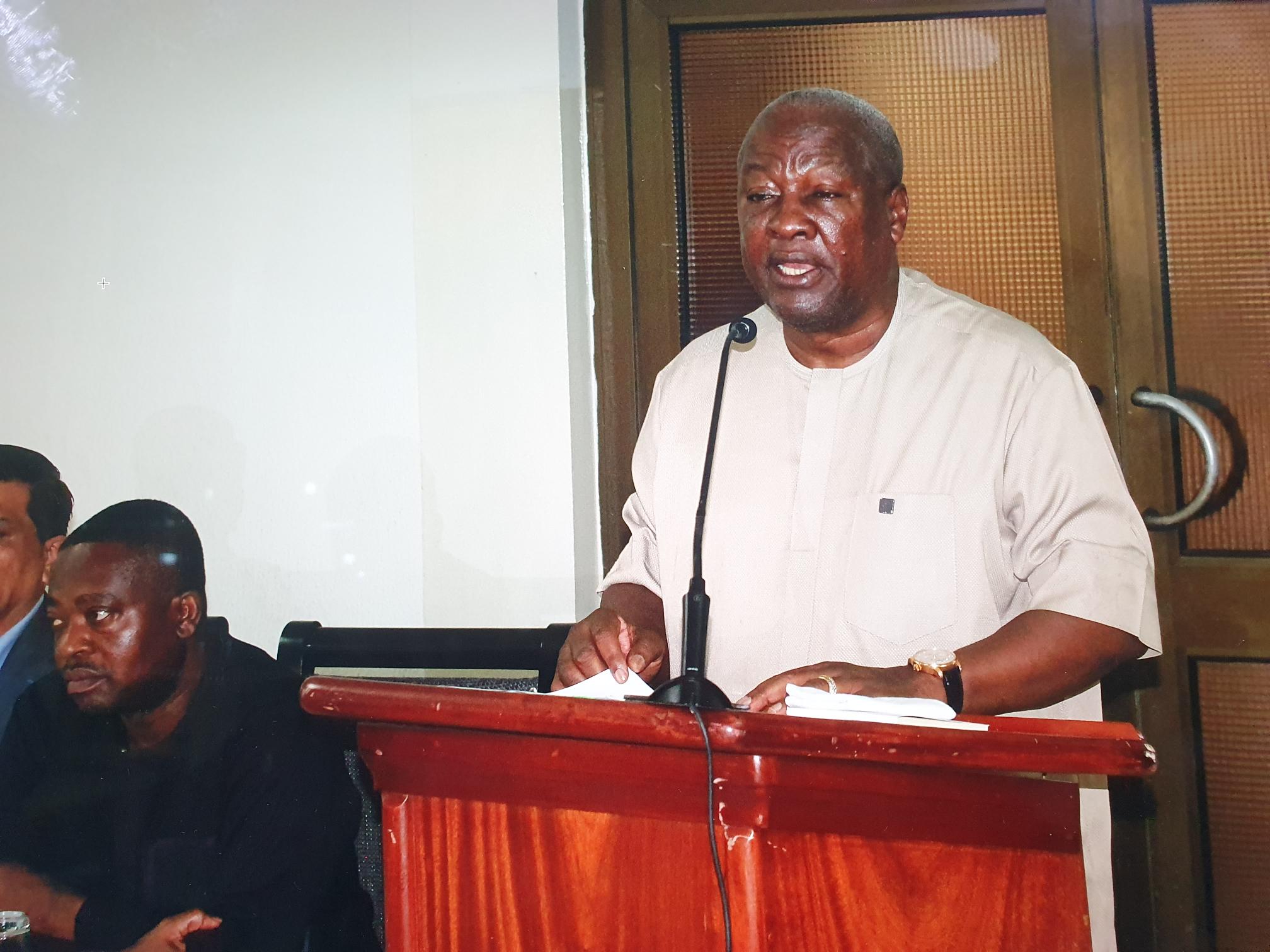
Ghana’s national economic conversation can no longer ignore a painful reality: the labour market is shrinking, the informal sector is overburdened and indigenous enterprises, the backbones of job creation, are suffocating.
For millions of young Ghanaians entering the job market each year, the promise of dignified employment increasingly feels like an illusion. Instead, the public is told to “go into entrepreneurship,” even though the economic terrain required for entrepreneurship to flourish has become deeply hostile.
A central part of the crisis is the state’s failure to protect local industries from the relentless inflow of foreign goods. Ghana has, in effect, become an unregulated marketplace where products from every corner of the globe enter freely, often in direct competition with made-in-Ghana alternatives.
This unrestrained import regime undermines not only domestic manufacturers but also the entrepreneurial ambitions of young people who have no choice but to battle for survival in an already unstable informal sector.
Data attributed to the Ghana Statistical Service, via Finex Insight, paints a troubling picture: the informal sector accounts for 80% of Ghana’s workforce yet generates only 27% of GDP, while the formal sector has just 20% of workers and contributes 73% of national output. If we take these figures seriously, then the foundations of our economy are structurally unsound. An economy that fails to create productive, formal employment for its youth is an economy on the brink.
This makes the state’s failure to confront unbridled importation even more concerning. Chinese goods in particular saturate the market, not because Ghanaian products are inherently uncompetitive but because foreign producers benefit from scale, subsidies and easier access to capital advantages that local Small and Medium Enterprises (SMEs) simply do not have. If the state cannot create jobs, the least it can do is protect the businesses that are trying to do so.
This is why the lack of transparency around international economic agreements remains troubling. Ghanaian leaders often return from foreign visits with promises of cooperation, investment, or trade partnerships, yet the long-term implications of these agreements for local industries remain unclear.
The call for Jubilee House to publish agreements made with China, Japan and other nations is not political mischief it is a necessary demand for accountability. Ghana cannot continue to sign away its economic sovereignty under the guise of diplomacy.
Meanwhile, farmers and agribusiness groups, particularly in rice and poultry, are sounding the alarm about smuggling and unfair competition. Peasant farmers, the Food and Beverage Association of Ghana (FABAG) and others have repeatedly warned that smuggled rice, some reportedly unwholesome, is flooding the market.
The silence from state actors is not only shocking but dangerous. Nigeria’s decisive move to restrict rice imports years ago spurred domestic production and strengthened food security. Why has Ghana refused to learn from such examples?
The persistent question is simple: Why is the state reluctant to investigate these allegations? Are political connections shielding offenders? Is Jubilee House unwilling to confront the commercial interests undermining national development?
Ghana cannot continue to sacrifice long term economic alignment for short-term political convenience. Protecting indigenous enterprises is not nationalism it is economic common sense. Strengthening local production reduces imports, stabilises the cedi and expands employment. Through independence, military rule and now constitutional democracy, Ghana’s greatest developmental setback has been policy inconsistency driven by political fear rather than strategic vision.
President John Dramani Mahama was given a strong mandate in the 2024 elections because Ghanaians are yearning for bold leadership and decisive economic protection. That mandate comes with responsibility. If Jubilee House fails to shield local businesses from destructive competition, the dreams of millions of young people and Mahama’s own legacy may evaporate.
The message is straightforward, Ghanaian enterprises must be protected. Ghanaian youth are struggling. And Ghana cannot transform its economy while its domestic industries are left to perish.
Follow The Chronicle Newspaper channel on WhatsApp: https://whatsapp.com/channel/0029VbBSs55E50UqNPvSOm2z
The post Editorial: Is Government Failing Indigenous Industries As Imports Increase? appeared first on The Ghanaian Chronicle.
Read Full Story














Facebook
Twitter
Pinterest
Instagram
Google+
YouTube
LinkedIn
RSS